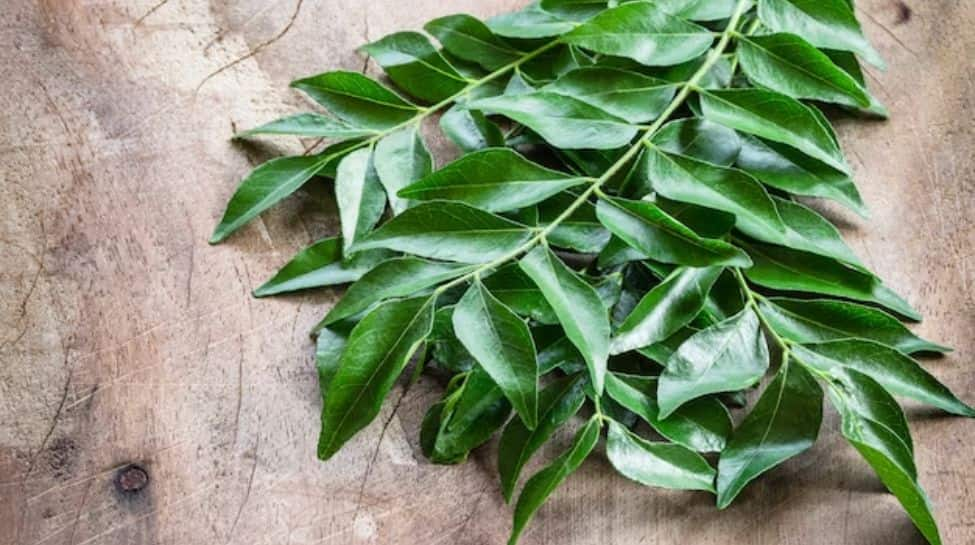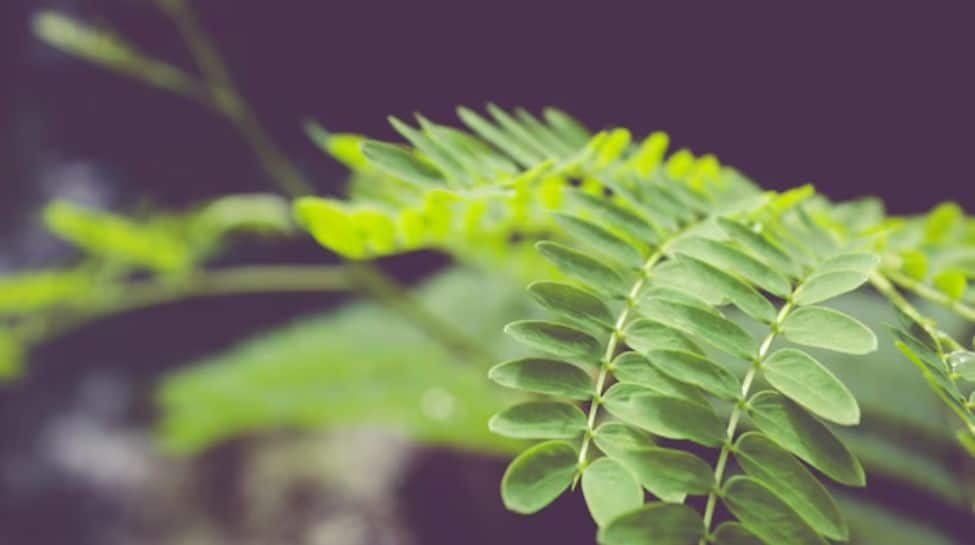How To Easily Grow Curry Leaves In Your Balcony Or Kitchen Garden?
Growing curry patta (curry leaves) in your balcony or kitchen garden is a delightful way to ensure a constant supply of fresh, aromatic leaves for your culinary needs. Known for their distinct flavor and numerous health benefits, curry leaves are a staple in many Indian dishes.
How To Easily Grow Curry Leaves In Your Balcony Or Kitchen Garden?
)
This hardy plant thrives in compact spaces with minimal care, making it perfect for urban gardeners. With the right setup, some sunlight, and a little patience, you can cultivate a lush curry patta plant at home and enjoy the convenience of plucking fresh leaves straight from your garden.
Essential Requirements

Pot size: 8-12 inches deep with good drainage holes. Soil: Well-draining, slightly acidic soil mixed with compost. Light: At least 4-6 hours of direct sunlight daily. Watering: Moderate watering; avoid waterlogging.
Start with Seeds or Saplings

You can grow curry leaves from seeds, stem cuttings, or nursery-bought saplings. If using seeds, soak them overnight and sow them in the soil, about 1 inch deep.
Planting

Fill the pot with a mix of garden soil, sand, and compost in a 2:1:1 ratio. Plant the sapling or seeds and press the soil gently around the base.
Watering and Maintenance

Keep the soil moist but not soggy. Use organic fertilizers like compost or cow dung every 6-8 weeks.
Pruning

Regularly prune the plant to encourage bushy growth. Harvest the leaves by plucking them gently without damaging the stem.
Pest Control

Use neem oil spray to prevent pests like aphids and whiteflies.
General Tips

Container Placement: Ensure the pots are placed in a well-ventilated area with adequate sunlight. Winter Care: Move the pots indoors or to a sheltered spot during extreme winters. Regular Monitoring: Check for signs of yellowing leaves, which may indicate overwatering or nutrient deficiency.
Trending Photos








